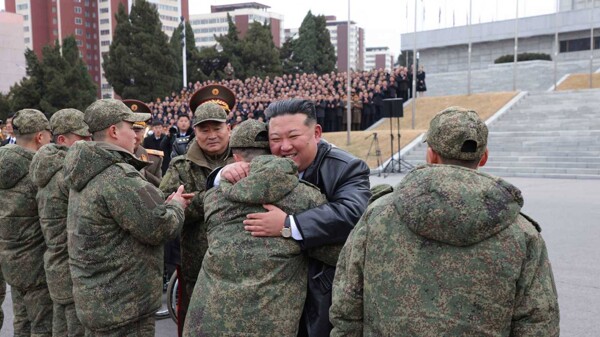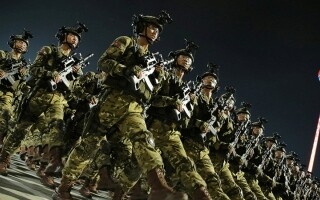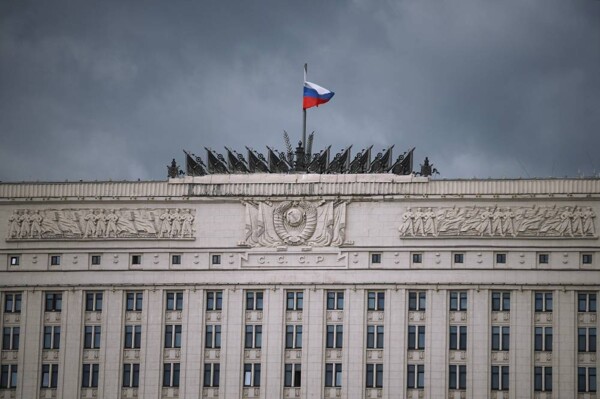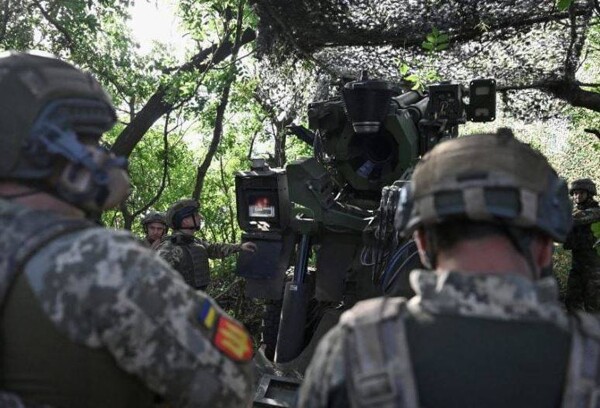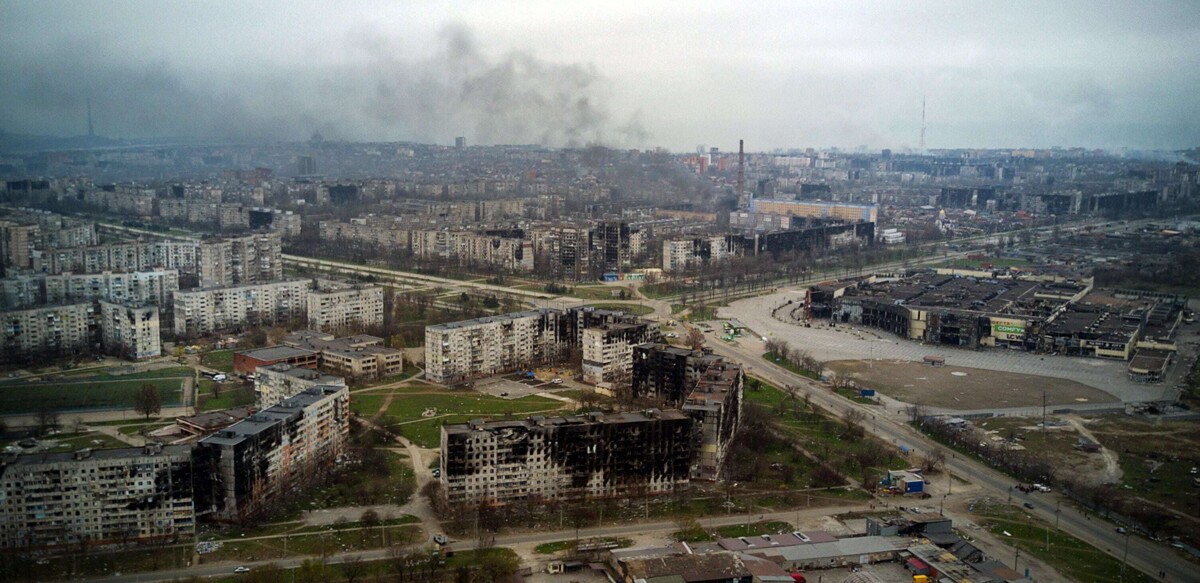
The recent loss of territory by Ukraine in the Russian border region of Kharkiv has occurred in the context of a suspension of arms and intelligence supplies from the United States to Kiev. According to reports from Russian media, Russian forces have managed to take control of various localities in the region, leading to the dismissal of the Ukrainian general in charge of the operation in Kursk.
In recent months, the clashes in Kursk have involved both Russian soldiers and North Korean reinforcements, and the withdrawal of Ukrainian forces has been notable. The Ukrainian incursion into Kursk in 2024 was the only success for Kiev in a long time. Despite Ukraine's proposed truce, Russia has not given a definitive response, and the situation in the region remains tense.
On the other hand, the battle for control of the Donbas continues to be a key point in the conflict. Although Russian forces have made significant advances, the conquest of the city of Pokrovsk has been delayed. The strategic and economic value of this region, rich in resources such as lithium, titanium, and uranium, makes it a crucial target for both sides.
Despite some Russian victories in the region, Ukrainians maintain resistance in certain key localities that hinder a continuous advance of Russian forces. Control of the northwest of Donetsk remains contested, and the situation is expected to persist over time if there is no significant change on the front.
In summary, the situation in Ukraine remains complex, with changes in territorial control and strategic movements from both sides. Despite the uncertainty, the conflict in eastern Ukraine seems far from resolved, and the consequences remain unpredictable.











